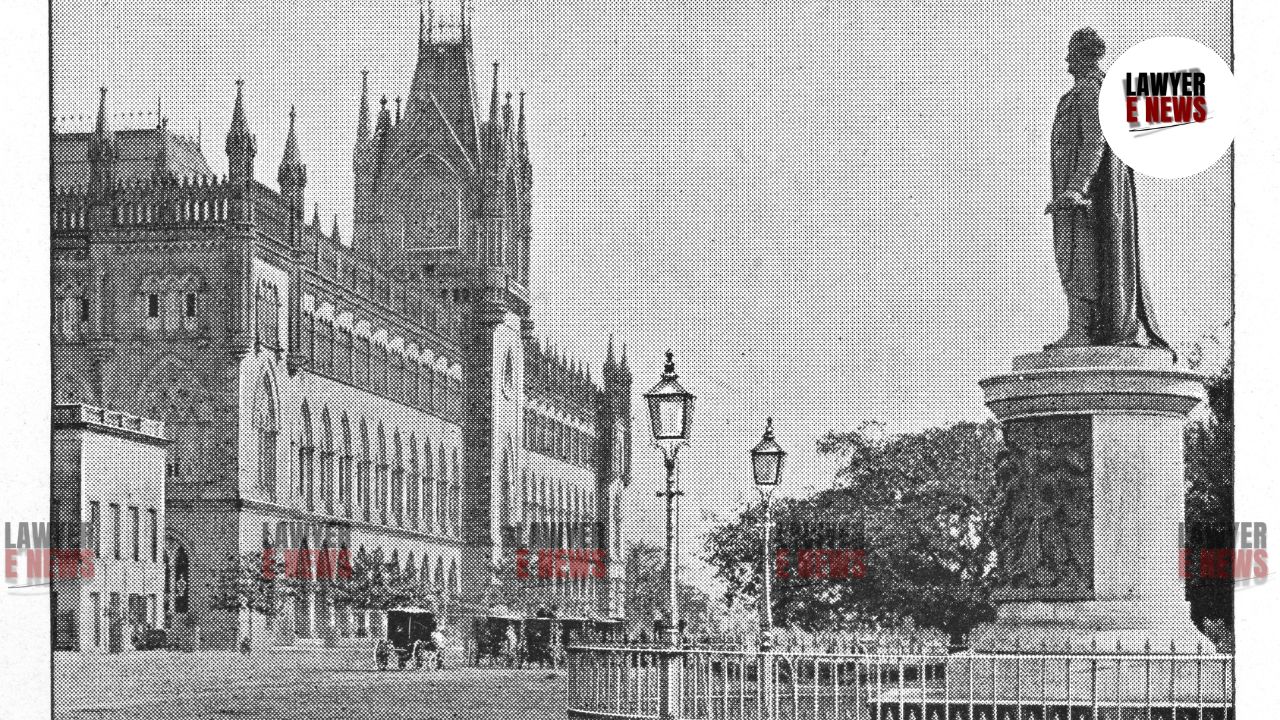-
by Admin
15 February 2026 5:35 AM



Calcutta High Court dismissed two appeals filed by Tata Steel Limited against Coal India Limited (CIL) and its subsidiary, Central Coalfields Limited (CCL), in the case of Tata Steel Limited vs. Coal India Limited and Ors. (APO 278 of 2016 and APO 279 of 2016). The court, comprising Justice Debangsu Basak and Justice Md. Shabbar Rashidi, upheld the imposition of additional charges on coal supplied to Tata Steel, emphasizing that CCL acted within its rights and the appellant had accepted these charges without protest.
Tata Steel, engaged in the manufacture of sponge iron, required a specific grade of coal for its manufacturing process. It had been receiving coal from various subsidiaries of CIL, including CCL, under a coal linkage system established in 1987. The company contended that while the Government of India intended to abolish this linkage system and replace it with direct Fuel Supply Agreements (FSAs), such agreements were never executed. Despite this, in April 2001, CCL imposed an additional charge (10% premium) over the base price of coal, later increasing this to 30% from September 2001 to August 2002.
Tata Steel challenged these charges through two writ petitions, arguing that CCL had no authority under the Colliery Control Order 2000 to impose such premiums. It claimed that all payments were made under protest and that no other subsidiaries of CIL imposed similar charges. The learned Single Judge dismissed both writ petitions on September 6, 2016, prompting Tata Steel to file the current appeals.
The primary legal issue was whether CCL was authorized to impose additional charges on coal supplied to Tata Steel and whether Tata Steel's payment of these charges constituted an unconditional agreement or acceptance under protest.
Authority of CCL to Impose Charges: Tata Steel argued that the Colliery Control Order 2000 did not permit the imposition of add-on charges or source-specific premiums, and that CIL was the only authority to fix coal prices. The court observed that the coal linkage system and pricing were governed by the Colliery Control Order, which had been regulated under the Essential Commodities Act, 1955. The Supreme Court's judgment in Asoka Smokeless Coal India Private Ltd. was cited, which held that while ensuring fair pricing for essential commodities, public sector undertakings were not obliged to suffer losses or distribute subsidies.
Acceptance of Charges by Tata Steel: The court noted that Tata Steel had entered into an agreement to pay the 30% premium subject to certain conditions, including full coal quantity allocation and rate adjustments if other buyers received lower prices. Tata Steel had made these payments and continued to accept coal supplies without raising objections beyond those conditions, indicating an acceptance rather than a protest. The court found that none of Tata Steel’s conditions for paying the premium had been violated by CCL, and no evidence was presented to show that CCL supplied the same quality coal to other buyers at lower rates.
Maintainability of Writ Petitions: The court addressed the respondents' argument regarding the maintainability of the writ petitions, emphasizing that matters of contract with statutory bodies do not automatically fall under public law. However, since the coal linkage orders were issued under statutory provisions, the court found the petitions maintainable.
The Division Bench upheld the learned Single Judge’s findings, agreeing that Tata Steel unconditionally agreed to pay the enhanced price. The court ruled that the appellant had failed to prove that the imposition of the 30% premium was for profiteering purposes, as required to establish a violation under Article 14 of the Constitution. The court emphasized that the discretion granted to public sector undertakings in price fixation under the Colliery Control Order was not arbitrary or unjust.
The judges concluded that the relief sought by Tata Steel was unwarranted, as the company had accepted the coal supply and pricing terms. The court dismissed the appeals without any order as to costs. However, upon Tata Steel's request for a stay to file a Special Leave Petition (SLP) against the judgment, the court directed the Joint Special Officers not to disburse the money for a period of four weeks.
Justice Debangsu Basak stated, "We have found no merit in the present appeals," affirming the decision to dismiss Tata Steel's challenge against the imposition of additional charges by CCL.
The Calcutta High Court's dismissal of Tata Steel's appeals reinforces the principle that public sector undertakings are not required to incur losses in providing essential commodities at subsidized rates. The court's ruling also underscores the significance of statutory authority in contractual agreements and the limited scope of judicial intervention in commercial matters involving public sector entities.
Date of Decision: September 12, 2024
Tata Steel Limited vs. Coal India Limited and Ors.
